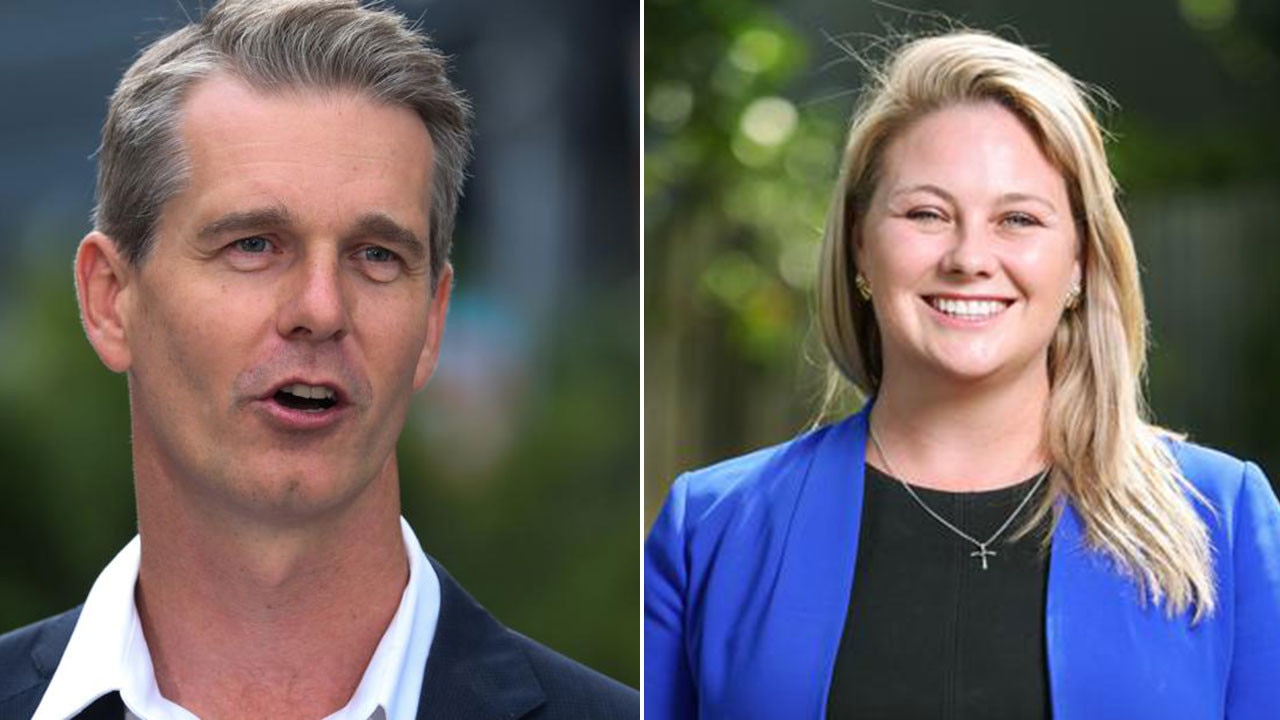eSafety Commissioner confronts Facebook on Instagram youth mental health issues
Facebook has been confronted over leaked documents which showed the company knew about the toxicity of Instagram on youth mental health.
NSW
Don't miss out on the headlines from NSW. Followed categories will be added to My News.
Australia’s eSafety commissioner has confronted Facebook officials over leaked documents which showed the company knew about its Instagram platform having a toxic impact on youth mental health for years.
Commissioner Julie Inman Grant spoke to the tech giant’s executives last week to discuss “allegations that have surfaced” after the Wall Street Journal revealed the company was aware it makes “body image issues worse for one in three teen girls” as early as 2019.
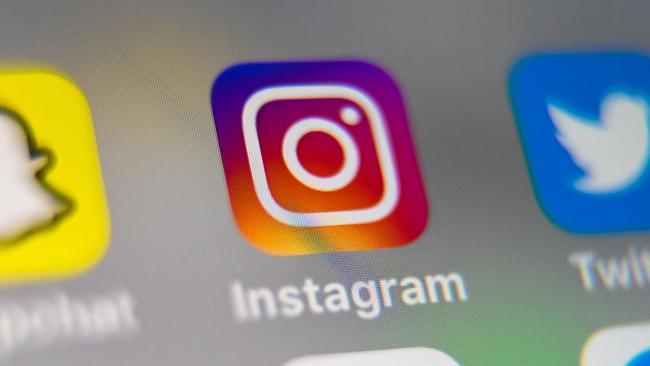
Explosive claims from a trove of internal communications found the company had extensive research which detailed the crushing impact on youth mental health including that “aspects of Instagram exacerbate each other to create a perfect storm”.
Another presentation noted that teens “feel ‘addicted’ and know that what they’re seeing is bad for their mental health but feel unable to stop themselves”.
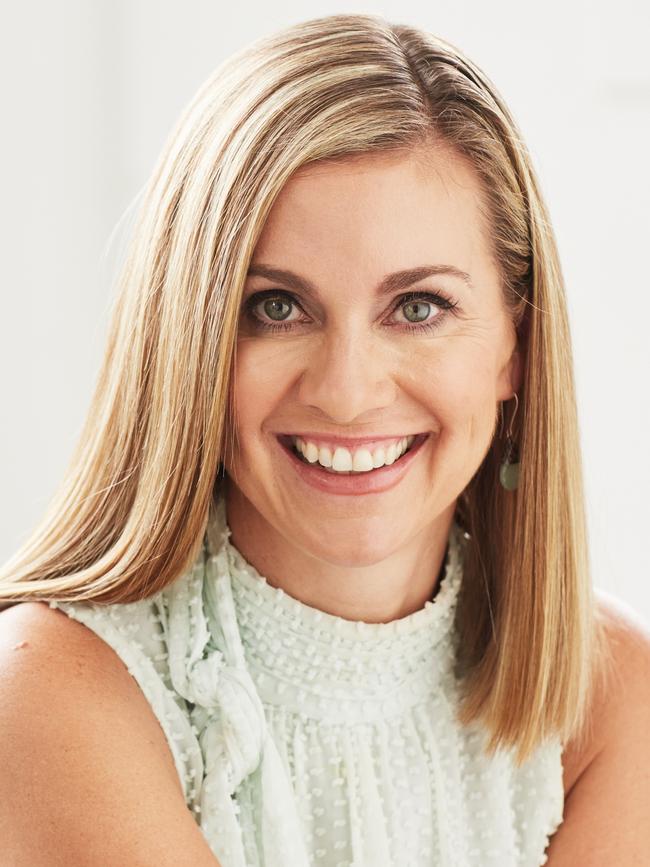
The dossier also revealed the platform had research which indicated its provision of beautifying filters “made people feel worse”.
“We are speaking to Facebook … I want to be able to make my own determinations,” Ms Inman Grant told The Daily Telegraph. “We certainly have an idea about what we think some of their safety shortcomings are.”
Ms Inman Grant added that having knowledge of a platform’s impact on young people’s mental health — including the claim that teens blamed Instagram for high rates of anxiety and depression — was a good thing but only if the research is followed up with considerable action to mitigate those risks.
“If you have a finding and you know you are damaging children, what are you going to do about it?” she said.
“I think they (Facebook officials) are going to take a protective stance.
“Their jobs are to protect the reputation and the sanctity of the company.”
It is understood Facebook officials have spent the past week engaging with several stakeholders to discuss the research and explain how it was used. The meetings came as Australian regulators prepare to be armed with greater powers against tech giants when the new Online Safety Bill comes into effect in January.
A Facebook spokesman confirmed the meeting with Ms Inman Grant and said their research was used to “build better policies”.
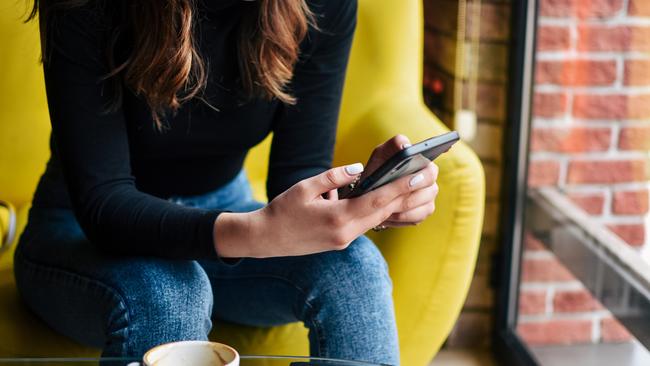
“We partner with Australian mental health organisations to improve our policies, develop new tools, and launch national campaigns that support vulnerable communities,’’ the spokesman said. “We also do research to understand people’s experiences on Instagram because we want to understand our impact.”
Clinical psychologist Ash King said social media can be a beneficial tool, but society had a “duty to our young people” to teach them digital and social media literacy.
“You won’t chuck your child in a pool without giving them swimming lessons,’’ she said. “You can’t let an eight-year-old go mental with an iPhone without teaching them how to understand social media and how it makes them feel.’’
Ms Inman Grant confirmed her office was working with the Australian Curriculum, Assessment and Reporting Authority to make online safety education a “much more foundational part of the education curriculum”.
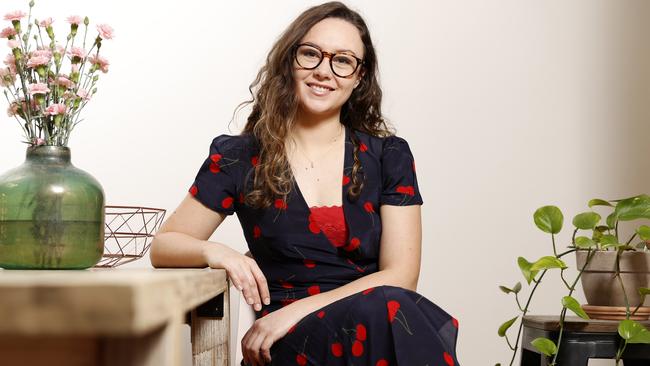
Newtown resident Rachel Smith, 24, said growing up at a time when Instagram was gaining popularity had a major impact on her self esteem and body image.
“It was like if you don’t get over 100 likes what is the point of the post,” she said. “You are pitted against other girls for likes … (and) you get stuck with that competitive nature in real life as well.”
She is in favour of Instagram making it mandatory for people to reveal their photos are edited, adding: “It’s tricky but transparency is becoming more common.”



